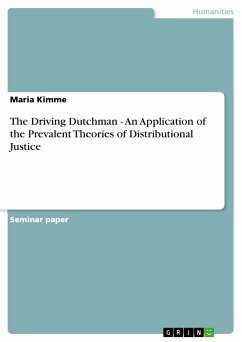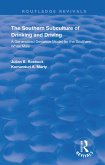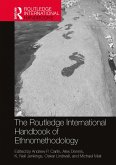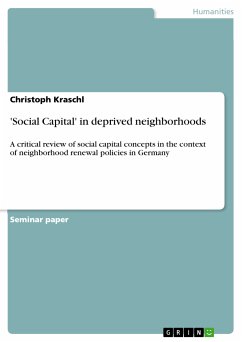Seminar paper from the year 2002 in the subject Sociology - Miscellaneous, grade: 1.3, Maastricht University, course: Information, Democracy, Distribution and Fairness, language: English, abstract: In January 1998, the commission of the European Union (EU) sentenced the German car manufacturer Volkswagen to pay EUR 102 million, since the company had violated the European regulations of competition. 1 It had ordered its non-German subsidiaries not to sell vehicles to German clients. These were interested in purchasing cars abroad for the reason that the list price was cheaper in the bordering countries. A second aspect in acquiring a vehicle abroad is the different tax systems in the member states of the European Union. Additionally to the differences in the Valueadded taxes (VAT), there are also variations when it comes to supplementary taxes levied on luxury items. Some countries insisting on such a luxury tax are Denmark or the Netherlands. When importing a product from a country with luxury taxes into a country without luxury taxes, the taxes can be claimed back. Only the taxes of the importing country have to be paid. These two features cause the acquisition of a car from a foreign EU-country to be an interesting alternative for many people residing in a land with high prime costs in the automotive industry. One of these countries where a car purchase requires a high initial outlay is Germany. Because of the geographical situation, many Germans, when considering buying a vehicle, drive to Denmark or the Netherlands. The Netherlands, for example, have a special 45% luxury tax ( Belasting van personenauto's en motorrijwielen, BPM 2 ) on automobiles. In order for manufacturers and importers to survive, they make a special effort to price t heir vehicles competitively. As a result of this most tax-free prices in Holland are lower than anywhere else. The savings can be up to 20-25%. 3 This option is very likely to change the distribution of welfare within Germany. This effect raises the question: How do the most prevalent theories view this opportunity and the resulting change in distribution? In order to answer this question, this paper will proceed as follows. First, the concept of a luxury tax will be explained and evaluated. Second, the most likely effect of the above -mentioned opportunity on the distribution of welfare will be outlined. Third, the theories of John Rawls, the Utilitarians, and the Libertarians will be introduced and applied to the case. Before providing some concluding thoughts, an overview and some further thoughts will be provided.
Dieser Download kann aus rechtlichen Gründen nur mit Rechnungsadresse in A, B, BG, CY, CZ, D, DK, EW, E, FIN, F, GR, HR, H, IRL, I, LT, L, LR, M, NL, PL, P, R, S, SLO, SK ausgeliefert werden.









